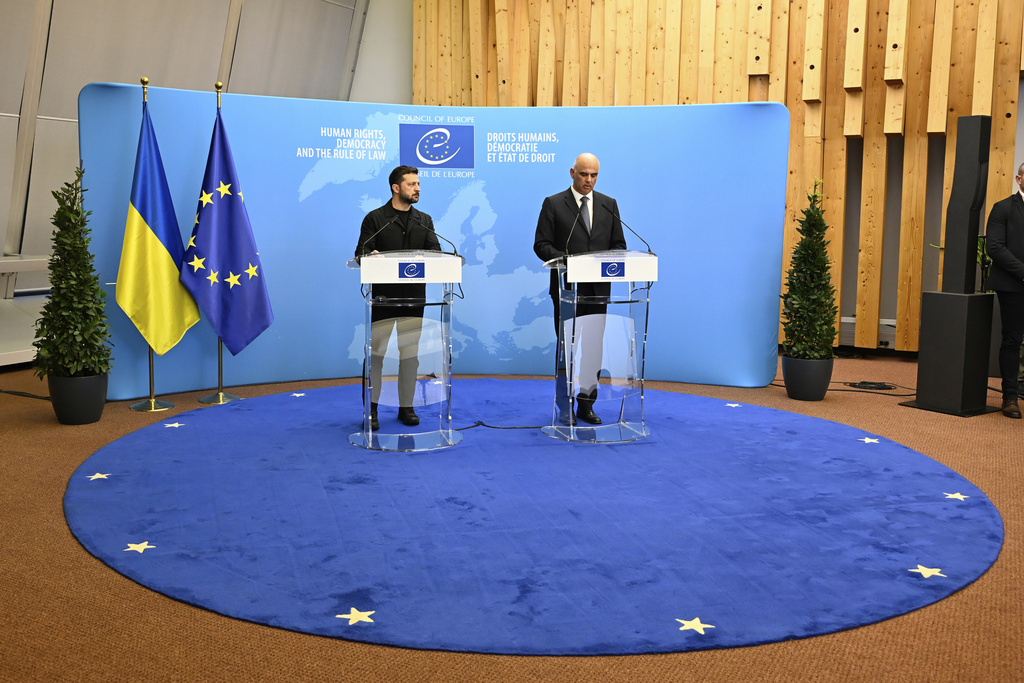Funding Shortfalls Threaten Ukraine War Crimes Tribunal

The creation of a Special Tribunal to investigate crimes of aggression against Ukraine is under threat due to financial difficulties and a lack of support from the US.
The Gaze reports on it, referring to Euronews.
The initiative, agreed upon by the Council of Europe and Ukrainian President Volodymyr Zelenskyy in June 2025, was intended to complement the work of the International Criminal Court, which does not prosecute the mere fact of waging war.
The tribunal's budget is estimated at approximately €75 million per year, not including additional security and accommodation costs. The tribunal is planned to be located in the Netherlands, where it will operate as an independent international institution.
European donors, in particular the key G7 countries — France, Germany, Italy, and the United Kingdom — are currently hesitant about their contribution. According to sources, the EU could provide around €10 million annually, but without US support, fundraising is proving difficult.
Financial difficulties are also affecting the organizational aspects of the tribunal's work. A minimum number of participating states, usually 16, is required to start operations, but in the case of Ukraine, more countries and significant international partners may be needed.
Negotiations on funding and the participation of key states are ongoing, and the future of the Special Tribunal remains uncertain.
Earlier, the Netherlands, where the future Special Tribunal for the crime of aggression against Ukraine is to be located, assessed the potential risks that may arise after the tribunal is established.
Dutch Foreign Minister Caspar Wildkamp warned that hosting the tribunal could create greater security problems than those that arise during major international summits. Specifically, he referred to Russian cyberattacks and increased pressure on the country's already overburdened prison system.
The Special Tribunal for the Crime of Aggression against Ukraine will have full international jurisdiction and will operate in The Hague under the auspices of the Council of Europe. Unlike hybrid or national courts, it will act on behalf of the entire international community.
One of the key provisions of the statute is the abolition of any immunities, which means that the head of the Russian Federation, the prime minister, or the foreign minister may be investigated. Full trials in absentia are also provided for, allowing verdicts to be handed down without the presence of the accused.
The definition of the crime of aggression in the document is based on Article 8 of the Rome Statute of the International Criminal Court and UN General Assembly Resolution No. 3314. The Special Tribunal will not compete with the ICC, but will complement its activities.
The Special Tribunal is expected to begin its work in 2026, provided that funding and operational capacity are secured.
As The Gaze reported earlier, Estonia has officially joined the governing board of the Special Tribunal for the Crime of Aggression against Ukraine.
Read more on The Gaze: Why Ukraine’s Victory Matters for International Law